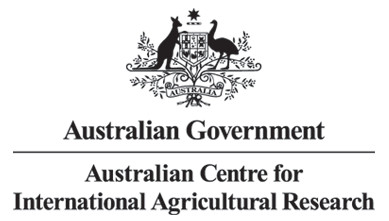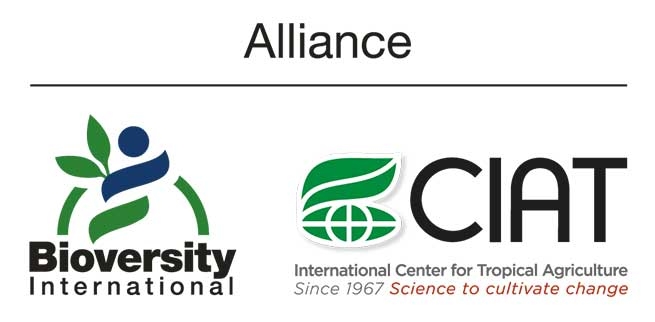
Acknowledgements
Our team: Tropical Forages is the result of the work of a small team of experienced tropical forage scientists building on a foundation of the same name created by a much larger group in a project terminating in 2005. CSIRO was the lead agency for that project, supported by the then QDPI, now DAF, in Queensland, Australia, as well as CIAT (now the Alliance of Bioversity International and CIAT) in Colombia and ILRI in Ethiopia. We would like to acknowledge the immense effort put in by that original project team, and the generosity of CSIRO in signing over the Intellectual Property Rights to CIAT so they could coordinate and maintain the new database, with the continued support of ILRI and the CGIAR Research Program on Livestock.
Support: No project can succeed without funding. Both the 2005 and 2019 projects have been primarily funded by the Australian Centre for International Agricultural Research (ACIAR) with support from funds provided by the German Federal Ministry for Economic Cooperation and Development (BMZ); the UK Department for International Development (DFID) provided additional support funding for the original project.
Plant name sources: It is important in any plant-related publication to use currently-accepted taxa or their synonyms to identify the included species. Tropical Forages largely uses the taxa presented in the GRIN-Global database at the Agricultural Research Service, USDA. The authors of Tropical Forages gratefully acknowledge the prompt and informed assistance provided by Drs John H. Wiersema and Melanie Schori at the USDA National Germplasm Resources Laboratory, with any taxonomic issues arising during Fact Sheet compilation. We would also like to acknowledge the book compiled by Dr Umberto Quattrocchi, “CRC World Dictionary of Grasses: Common Names, Scientific Names, Eponyms” published by CRC Press, Taylor & Francis Group, Florida in 2006. This extensive catalogue of common names has been invaluable in providing many of the common/vernacular names used in Tropical Forages.
Agronomic information: The authors would like to acknowledge Plant Resources of South East Asia (PROSEA) as a source of information in relation to many of the species.
Network support: The authors of this and the forerunner of Tropical Forages 2020 have received valuable input from members of their respective professional networks, too numerous to name individually. This input has included not only advice and information, but also photographic images to help database users identify the various species. However, we are particularly indebted to Mr Alan Robertson, international forage consultant,who has given so much of his time and the benefit of his experience to help ensure the database is as complete and as useful as possible.


